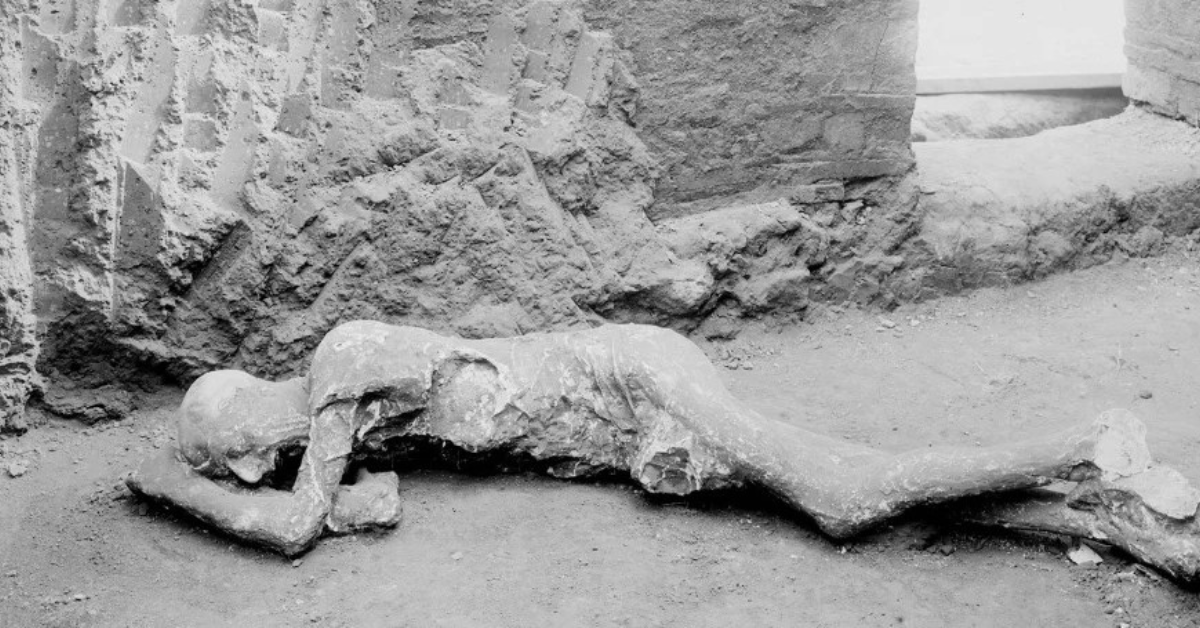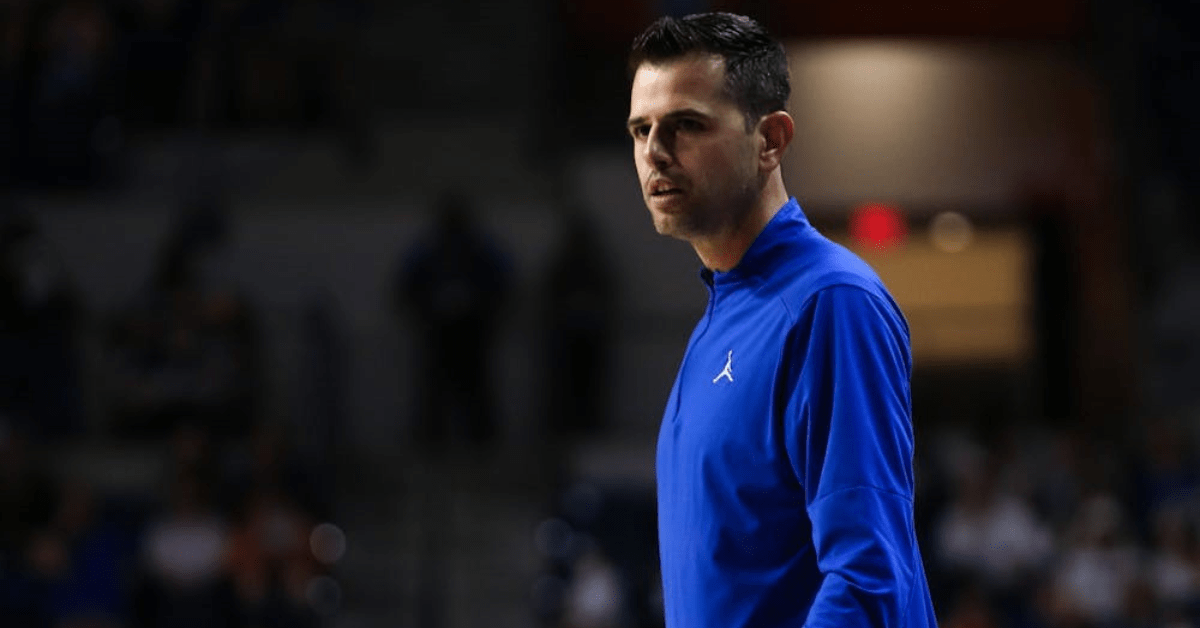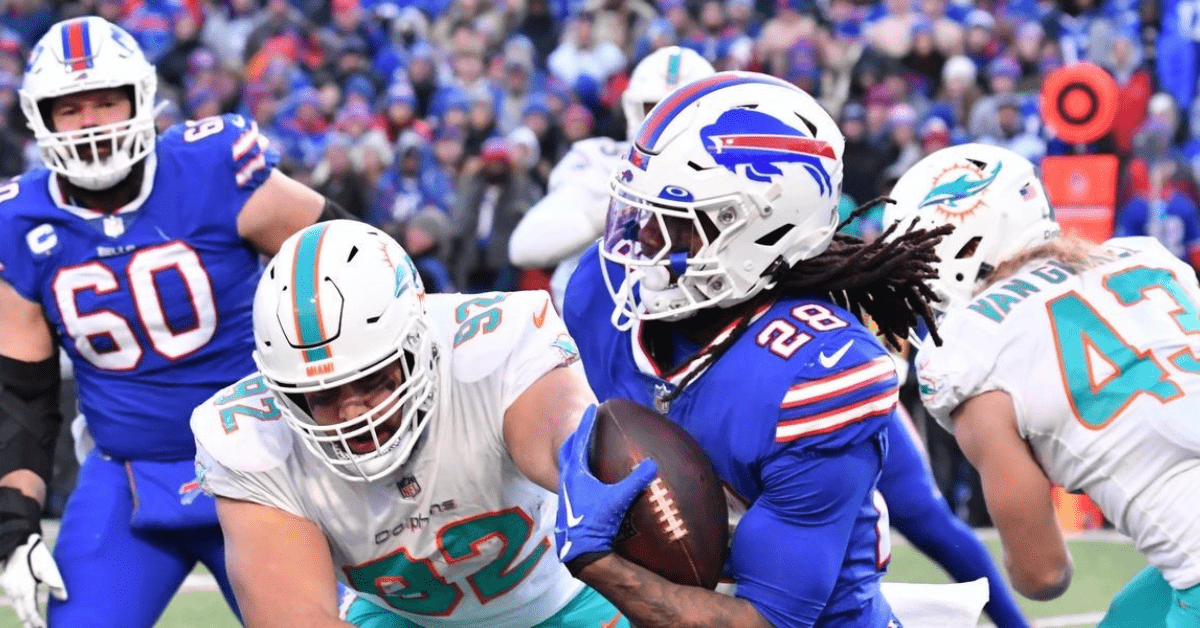
Jake Paul vs Mike Tyson: A Showdown of Generations
The boxing world is buzzing with anticipation as Jake Paul, the YouTuber-turned-professional boxer, prepares to face off against the legendary former heavyweight champion Mike Tyson.

NYC Wildfire Smoke Triggers Air Quality Alerts and Health Advisory
New York City residents woke up Saturday to an unusual sight: a haze of smoke hanging over the skyline and an acrid smell in the

DNA Testing Reveals Surprising Truths About Pompeii’s Victims
New scientific discoveries are rewriting the tragic stories of Pompeii, the ancient Roman town frozen in time by the eruption of Mount Vesuvius in A.D.

Brie and Camembert Cheese Recall: Listeria Concerns at Aldi and Market Basket
In an urgent recall, several soft-ripened cheeses—including popular Brie and Camembert varieties—are being pulled from store shelves across 12 states due to possible contamination with

UF Basketball Coach Todd Golden Accused of Sexual Harassment and Stalking
University of Florida men’s basketball head coach Todd Golden faces multiple allegations of sexual harassment, stalking, and exploitation, according to a recent Title IX complaint.

Civilian Casualties Mount in Israel-Gaza Conflict, UN Reports
The ongoing conflict between Israel and Hamas has had devastating impacts on civilians in Gaza, where, according to the United Nations, nearly 70 percent of

Starbucks Holiday Menu 2024: Festive Drinks & Nondairy Perks
As the holiday season unfolds, Starbucks has unveiled its much-anticipated holiday menu, launching today, November 7, with a delightful mix of classic and new festive

Trump Wins 2024 Presidential Election as Harris Concedes
In a stunning political comeback, former President Donald Trump has won the 2024 U.S. presidential election, defeating Vice President Kamala Harris to become the 47th

What Time Does Voting Close on Election Day 2024?
As tens of millions of Americans head to the polls on Election Day, the nation holds its breath, awaiting the results that will shape the

Election Day 2024: Poll Hours and Voting Locations in Illinois and the U.S.
As Election Day approaches, excitement and anticipation are in the air. On Tuesday, Nov. 5, millions of Americans will head to their polling places to

Tropical Storm Rafael Threatens Caribbean and U.S. Gulf Coast
As election day approaches in the U.S., attention is also focused on the Atlantic, where Tropical Depression Eighteen has formed in the Caribbean, with expectations

Bills vs Dolphins: Miami Fights to Break Buffalo’s AFC East Dominance
The Buffalo Bills and Miami Dolphins face off in what promises to be a thrilling showdown, with the Dolphins entering Highmark Stadium with one goal

WWE Crown Jewel 2024: Cody Rhodes Wins, Bloodline Drama Unfolds
In a night packed with thrills, WWE returned to Saudi Arabia with the 2024 Crown Jewel event, an action-packed showcase where some of wrestling’s biggest

NBA Investigates Joel Embiid’s Locker Room Confrontation with Columnist
In a post-game incident that has caught the attention of fans and officials alike, Philadelphia 76ers star Joel Embiid confronted and reportedly shoved Philadelphia Inquirer

Jason Kelce Smashes Fan’s Phone Over Slur About Brother
On Saturday, NFL star Jason Kelce found himself in the middle of a heated exchange at Penn State’s Beaver Stadium after a football fan directed

Kamala Harris Makes Surprise SNL Cameo in Final Pre-Election Skit
In a lively twist on the final Saturday Night Live episode before the upcoming election, Vice President Kamala Harris made a surprise appearance alongside her

Iowa Poll: Democrats Lead in Key Congressional Battlegrounds
As Election Day nears, Democrats are gaining momentum in two of Iowa’s four congressional districts, according to a new Des Moines Register/Mediacom Iowa Poll. This

US Election 2024: A Closer Look at the Race, System, and Stakes
On November 5, 2024, tens of millions of Americans will head to the polls to cast their votes in one of the most closely watched